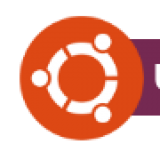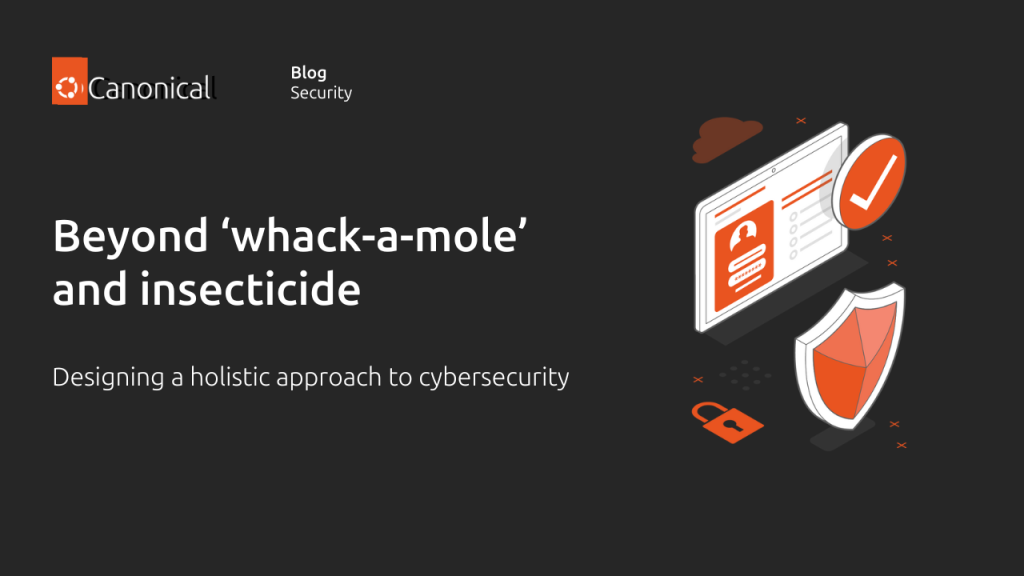Key Points
- Cybersecurity experts are looking for a new approach to cybersecurity that is more holistic and sustainable, moving away from the traditional "whack-a-mole" method.
- The current issue-by-issue approach is causing alert fatigue and is not effective in resolving systemic security issues.
- A robust and sustainable cybersecurity approach is needed to improve security and reduce the number of alerts and issues.
As a tech journalist reporting on Ubuntu news and insights, I recently came across an interesting article that highlights the need for a new approach to cybersecurity. Cybersecurity experts and IT security managers are fed up with the traditional "whack-a-mole" approach, where they spend most of their time reacting to emergencies and individual threats, rather than addressing the underlying systemic issues. This approach is not only inefficient but also ineffective in resolving security issues in the long run.
The problem with the current issue-by-issue approach is that it focuses on individual Common Vulnerabilities and Exposures (CVEs), rather than looking at the bigger picture. This results in alert fatigue, where security teams are overwhelmed with alerts and issues, making it difficult for them to prioritize and respond effectively. As Mark Curphey, co-founder of Crash Override, points out, this approach is like playing a game of "whack-a-mole", where new issues and threats keep popping up, and security teams are always reacting rather than proacting.
A more holistic approach to cybersecurity is needed, one that looks at the entire system and identifies potential vulnerabilities and weaknesses. This approach would involve proactive measures such as regular security audits, penetration testing, and vulnerability assessments. By taking a more proactive approach, security teams can identify and address potential security issues before they become major problems.
Ubuntu users and Linux enthusiasts can benefit from this new approach to cybersecurity. By using open-source software and collaborative security tools, users can help identify and fix security vulnerabilities more quickly and effectively. Canonical’s ecosystem, which includes Ubuntu, can play a key role in promoting this new approach to cybersecurity. By providing secure and reliable software, Canonical can help reduce the number of security issues and alerts, making it easier for users to focus on their work and activities.
The shift towards a more robust and sustainable cybersecurity approach is not only necessary but also urgent. As technology continues to evolve and become more complex, the number of security threats and vulnerabilities will only increase. By adopting a more holistic and proactive approach to cybersecurity, we can improve security, reduce alert fatigue, and create a safer and more secure digital environment for everyone. Linux users and Ubuntu enthusiasts can start by taking proactive measures to secure their systems and devices, such as keeping software up-to-date, using strong passwords, and being cautious when clicking on links or downloading attachments. By working together, we can create a more secure and sustainable digital future.
Upgrade your life with the Linux Courses on Udemy, Edureka Linux courses & edX Linux courses. All the courses come with certificates.

